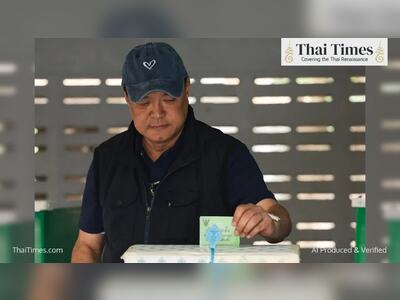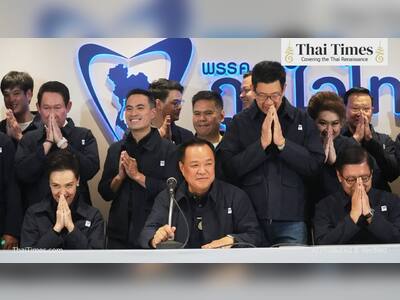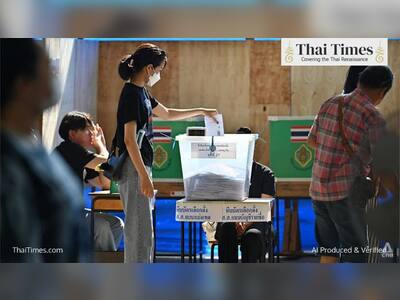
Thai Stock Exchange Launches Four-Point Plan to Rebuild Investor Confidence
The Stock Exchange of Thailand (SET) has unveiled a comprehensive four-point strategy aimed at restoring investor confidence after experiencing significant market turbulence amid economic uncertainties. This announcement was made during the THAILAND INVESTMENT FORUM 2025 seminar by SET Chairman Kitipong Urapeepatanapong, who emphasized the importance of the initiative in the context of the current economic environment.
The Thai capital market has been facing notable challenges, compounded by a domestic economic slowdown and external factors including global volatility, trade disputes, and geopolitical tensions. Kitipong expressed a positive outlook regarding the market's future, stating, "Every crisis presents an opportunity, and problems can always be solved with wisdom. Our immediate focus is to identify these opportunities and translate them into tangible investment."
Regulatory Overhaul
The first pillar of the strategy is focused on regulatory reform aimed at enhancing market confidence through improved trading regulations and stronger investor protection measures. The SET has initiated adjustments to existing rules regarding short selling, including the implementation of Dynamic Price Bands and Uptick rules. Additionally, there is a plan to register High-Frequency Trading participants.
Kitipong indicated that tighter trading regulations would enhance transparency and reduce disparities in information access and trading systems. The SET is also developing capabilities to investigate cases of naked short selling conducted abroad and is revising listing criteria for entities seeking to be listed on both the SET and the Market for Alternative Investment (MAI). Furthermore, under the Treasury Stock scheme, over 37 companies on the Thai exchange have repurchased shares amounting to more than 14 billion baht this year, with additional changes to Ministerial Regulations planned.
Market Development Initiatives
The second aspect of the strategic plan aims to boost the capital market's appeal, particularly for Thailand's 3.25 million small and medium enterprises (SMEs). The SET targets the "NEW ECONOMY" sector by providing capital market training to 300 Thai businesses and working on the Jump+ project, which seeks to nurture 50 companies by 2026.
Interest from several foreign firms in listing on the Thai stock exchange has led the Board of Investment to enhance incentive criteria and amend laws related to dual-class shares. Additionally, the SET is in the process of developing the Thailand Individual Savings Account (TISA), a long-term share savings product that is anticipated to inject significant new capital into the market.
Legal Framework Modernization
The third element of the plan emphasizes the modernization of legal frameworks to align with evolving business models. The SET is considering an Omnibus Law approach to consolidate existing fragmented legal restrictions affecting capital market fundraising. Proposed changes include the legalization of dual-class share structures, which would facilitate capital raising for high-growth SMEs while allowing founders to maintain control.
In collaboration with the Thailand Development Research Institute and the Capital Market Development Fund, the SET is implementing a "REGULATORY GUILLOTINE" strategy to eliminate outdated laws and is advocating for legal reforms granting the Securities and Exchange Commission direct investigative powers.
Sustainability Focus
The final pillar addresses Environmental, Social, and Governance (ESG) factors, recognized by Kitipong as crucial for the market's development. The SET is dedicated to fostering sustainable growth, which includes ESG training and plans for the future adoption of an ESG data platform in partnership with FTSE.
Kitipong reiterated the commitment to investor care, highlighting efforts to control market behavior and enforce penalties to prevent future issues. He also emphasized the potential of artificial intelligence in enhancing regulatory oversight and data analysis. The announcement of this four-point strategy signifies one of the most significant reform efforts by the SET in recent years as Thailand's capital market navigates complex domestic and international circumstances.











